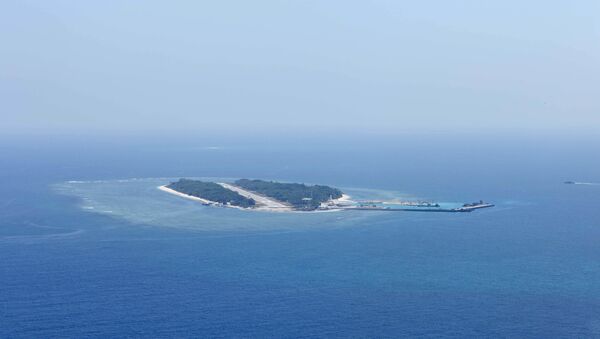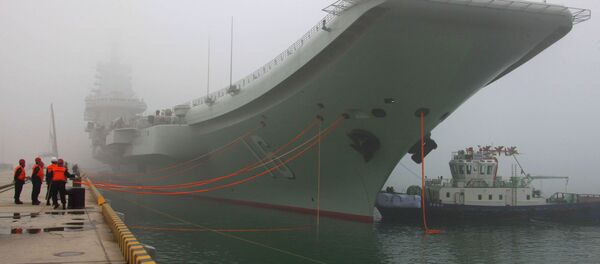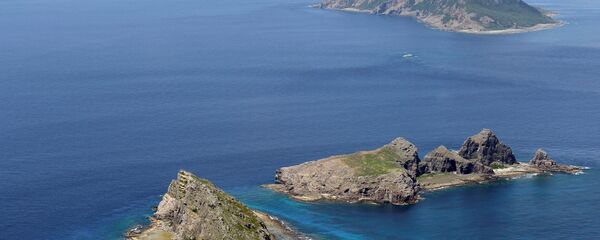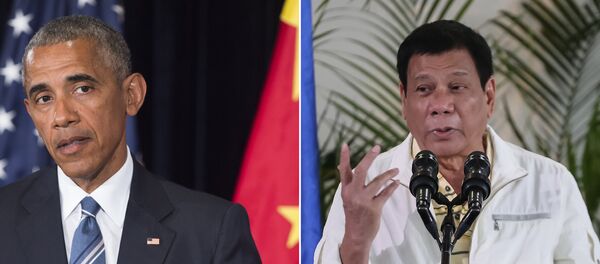Australian Foreign Minister Julie Bishop and Defense Minister Marise Payne met with Indonesian officials, including Defense Minister Ryamizard Ryacudu, in Jakarta last week. During that time, the two countries discussed a nautical “peace patrol” through disputed waters in the South China Sea.
"There are no intentions to disrupt the relationship (with China). It is called a peace patrol, it brings peace. It is about protecting fish in each other’s areas," Ryacudu said, according to Deutsche Welle.
While the plan has not been formalized, Bishop expressed an interest, saying a patrol would be "consistent with our policies of exercising our right of freedom of navigation."
"That’s in accordance with international law and our support for peace and stability in the region," she added when speaking to Australian Broadcasting Corp radio.
The Chinese government will likely object to the patrols, having warned Australia against meddling in the region last month. During a meeting in Beijing, a high-ranking Chinese military official urged the head of the Australian Defense Force to maintain a "healthy and stable development" of military ties between Beijing and Canberra.
The Chinese official added that he "hopes that on the South China Sea issue the Australian side can speak and act cautiously, and that its words and deeds match," according to the Japan Times.
These comments came in response to Canberra’s formalization of a defense deal with Singapore, a move that both nations insisted was not an affront to Beijing.
"I don’t think that Singapore and Australia together could possibly be seen as a bloc [against China]," Singapore’s Prime Minister Lee Hsien Loong told reporters in October.
"We are good friends, but we are not treaty allies and neither are we opposed to any countries in the region."
Australia is a close partner of the United States, which has pushed Pacific allies to take a greater role in countering China’s growing influence in the region. In particular, Washington is opposed to Beijing’s construction of a series of artificial islands in the waterway, accusing China of attempting to establish an air defense zone.
China maintains it has every right to build within its own territory and that the islands will be used primarily for humanitarian purposes.
The Pentagon has conducted a number of provocative patrols within the 12-mile territorial limit of the islands, and relies on Australian air bases to conduct surveillance flights over the region.
A highly contested region through which roughly $5 trillion in international trade passes annually, most of the South China Sea is claimed by China, though there are overlapping claims by Taiwan, Brunei, Malaysia, Vietnam, and the Philippines.





